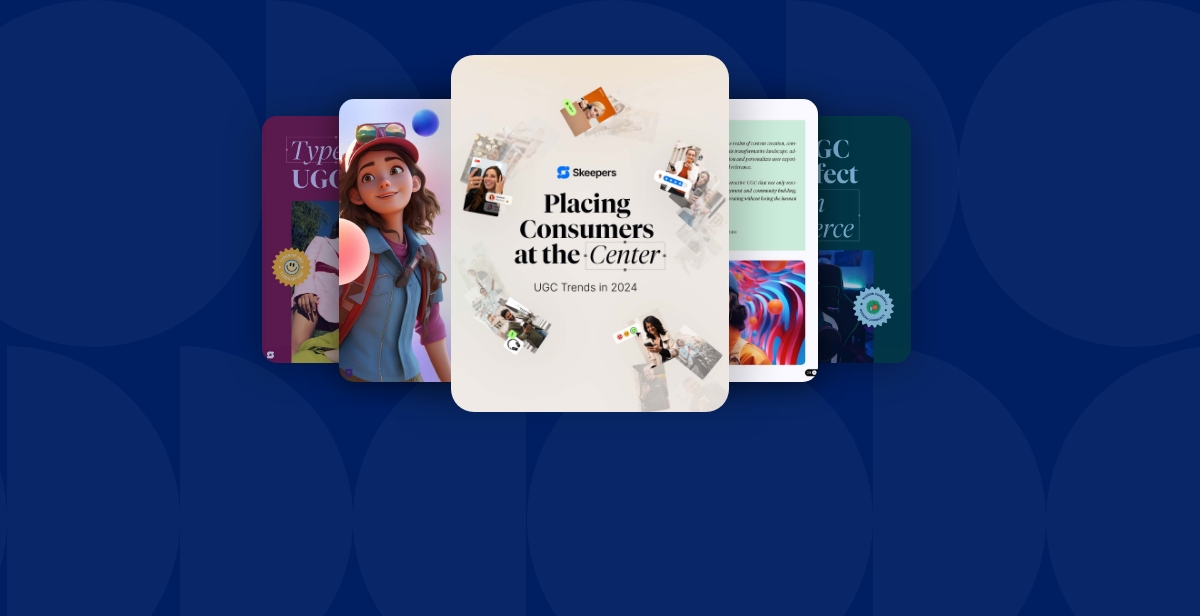Have you ever asked your customers if they’re happy? Each year, thousands of businesses fail, often the result of failure to understand how customers see and experience the business. But if you don’t understand what your customers like and dislike about you, what they desire most, or how they think you’re different from the competition,...
Have you ever asked your customers if they’re happy?
Each year, thousands of businesses fail, often the result of failure to understand how customers see and experience the business. But if you don’t understand what your customers like and dislike about you, what they desire most, or how they think you’re different from the competition, there’s a good chance you, too, will fail.
To be successful, you must have a clear understanding of your customers’ perceptions. Asking for and actually implementing customer feedback will give you the power to make improvements which can prevent your downfall.
And if any of the following scenarios sound familiar to you, there is no question that you absolutely need to implement a feedback strategy immediately.
1) You’re not listening to your customers
This has to be the biggest mistake you can make. Ignoring your customers needs and wants will undoubtedly result in numerous negative consequences, some of which are irreversible. According to one recent study, 56% of consumers say they will never do business with you again, 25% will recommend their friends not use your business, and 20% will take revenge by posting a negative review on social media. Respect your customers or else.
2) So they aren’t sticking around
Younger shoppers, in particular, are picky and always on the look out for a better customer experience. But one way to win over Millennial shoppers is by reaching out to them for their opinions; 64% claim to be more loyal to a brand that asks for feedback. For this reason, you can’t afford to not be proactive. Invest in tools that will make it easier for all of your customers to share their impressions with you before they take their business elsewhere.
3) You don’t know how to reduce churn
Price is not the main reason for customer churn. For more than half of all U.S. consumers, churn is the result of overall poor quality customer service. Measuring customer engagement across all channels via, for example, a CSAT survey will help you see why some customers don’t churn and what factors are influencing those who do. Once you have this information, you can begin to address the root causes and make necessary changes.
4) And your WOM is terrible
92% of consumers across all demographics rely on word-of-mouth from friends and family when considering a purchase, and about half are more likely to buy a new product after reading about it on social media. This makes word-of-mouth the single most important influence on today’s consumer. Feedback surveys will enable you to proactively take steps to provide an experience which inspires customers to speak highly of you.
5) You’re spending too much to attract new customers
Many businesses spend so much of their limited resources on attracting new customers, they don’t explore ways to turn current customers into repeat buyers or even consider the financial benefits from doing so – 70% of all businesses achieve better ROI by investing in relationship marketing rather than acquisition marketing. Centering your operations on customer needs and wants is one way to boost loyalty and a healthy bottom line.
6) And you have no strategy for increasing CLV
Repeat customers spend, on average, 67% more than first-time buyers. The longer they have a relationship with you, the more likely they are to buy again and spend more when they do. Your repeat customers are also valuable because their word-of-mouth marketing brings more business your way. A simple feedback survey will tell you exactly what they need and want, giving you the actionable data you need to fuel long-term growth.
7) You want to become more competitive
Offering products and services which customers actually want is much easier when you know what their individual needs are, what they’ve already purchased or asked for, and whether they were happy with the solutions you provided. And there’s no question that customers are looking for more value and relevancy. In fact, for a more tailored customer experience they are not only willing to provide a business with more personal information but even pay upwards of 20% more for the experience.
8) But you have no clear point of differentiation
Customers want to know that the people with whom they do business are listening to their needs and wants. And they want to help you better understand what those needs and wants are but, first, you have to provide them with the opportunity. And you must. With the help of feedback surveys, your customers can – and will – become some of your most thoughtful and useful business consultants. Putting their insights to work, you will be better positioned to refine or design your unique customer experience, an experience which no competitor can touch.
Simply put, the happier your customers are the healthier your business will be. And the more access you have to customer feedback, the easier it will be for you to create a meaningful customer experience that your customers love, the true mark of a successful business.








